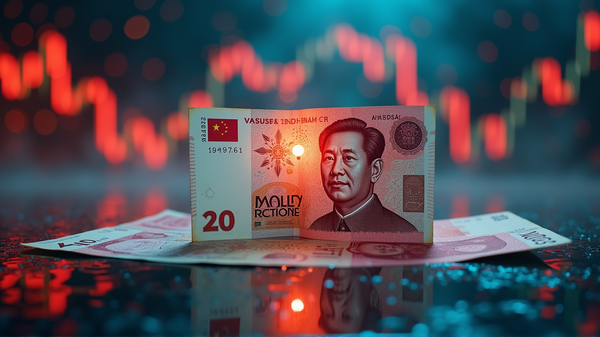Ruthless competition and government support have led to an electric car revolution in China
When Daniel Zhu bought his first electric car earlier this year, the main motivation was not environmentalism. It was practical.
Getting a license plate for a gasoline car in Beijing was almost impossible. What's more, Arcfox, a Chinese brand created by state-owned BAIC Group in 2020 as a potential Tesla competitor, was offering a deal that reduced the price by several thousand dollars, bringing the price of the battery-powered sedan down to about $34,000.
And for everyday use, electricity was cheaper than gas. "If it weren't for license plate restrictions, most of my friends would prefer a gasoline car, but those who already have a car would consider an electric car because it's cheaper to charge," the 28-year-old breeder. said the manager.
About a quarter of the cars bought in the world's largest car market this year were battery-powered or plug-in hybrids. By the end of the year, that will be about 6 million cars. No other country comes close.
China's growth as an electric car manufacturer has been driven by generous government support as well as fierce domestic competition, resulting in lower prices and increased demand. According to research firm JATO Dynamics, electric options in China are now cheaper on average than gasoline-powered cars, but they are also more affordable than comparable cars sold in Europe and North America.
Analysts increasingly see Chinese automakers leading the industry's electric revolution, not only in China, but worldwide, as Chinese offerings become affordable overseas. From a planetary perspective, the emergence of affordable Chinese electric cars is a victory for global efforts to avert the worst effects of climate change. It is one area where the world's largest source of emissions is ahead of schedule in meeting its commitments under the Paris Agreement to reduce greenhouse gas emissions.
It is also a victory for Beijing's industrial planners, who have been focused for decades on building the world's leading automotive brand. Chinese manufacturers such as Nio and BYD are now often talked about as rivals to Tesla.
But the race is far from over. Today, they remain among more than a dozen manufacturers selling electric cars in significant volumes in China. Many are facing bankruptcy because of overcapacity and extremely low profit margins. The history of the venerable BAIC Group is a good example of this combination of tough competition and government support.
The company began life in the 1950s, producing Soviet-designed cars such as the Dongfanghong BJ760 sedan, named after the revolutionary anthem "Vostok Red," glorifying Mao Zedong. Over the past decade, it has been a central player in China's efforts to bring affordable electric cars to the masses.
From 2013 to 2019, the group's electric car division, BAIC BluePark, led the nation in sales of battery-powered passenger cars, helped by government subsidies and taxi fleet purchases. But it has since lost ground to local startups and international players selling premium models. Its response was the launch of Arcfox in 2020, which brought in profits. After the brand president left last month, Chinese media said the group was at a crossroads.
That reckoning was indirectly triggered by the opening of Tesla's Gigafactory in Shanghai in December 2019, a turning point for the electric car sector in China.




